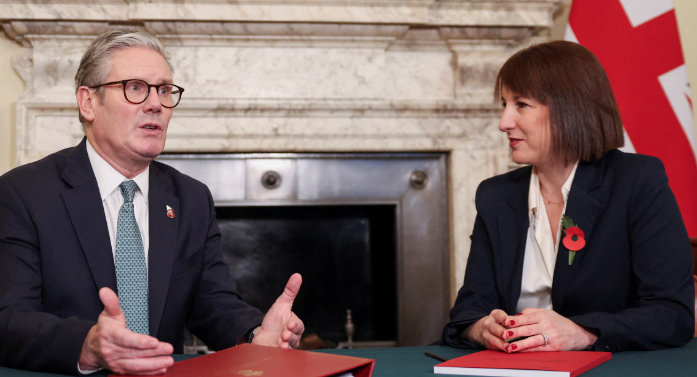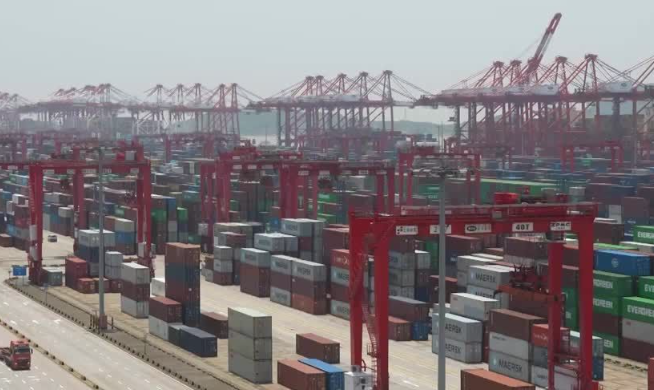WORLD NEWS

British Finance Minister Rachel Reeves has signaled that there are no plans to raise income tax rates in this month’s budget, following an improvement in fiscal forecasts, sources close to the matter said.
Earlier reports suggesting Reeves might backtrack on her election pledge not to raise income tax had spurred a sharp rise in government borrowing costs, with yields on 20- and 30-year gilts initially climbing over 14 basis points before slightly easing. Ten-year borrowing costs rose 8 basis points to 4.56%, marking their largest single-day increase since September 25.
Reeves is expected to need tens of billions of pounds to stay on track with the government’s fiscal targets, aiming for a balanced budget by 2029/2030 (excluding investment spending). Her recent comments that “we will all have to contribute” were interpreted by markets as a potential signal for income tax hikes.
A Treasury spokesperson declined to comment on tax policy but emphasized that the budget would take “fair choices to build strong foundations to secure Britain’s future,” while maintaining resilience against global economic turbulence.
In recent weeks, investors had drawn reassurance from indications that Reeves was ready to take tough fiscal measures, helping to lower bond yields. Economists have warned, however, that the government might rely on a patchwork of smaller taxes rather than income tax hikes. Kallum Pickering, economist at Peel Hunt, said such an approach “would add to uncertainty, further damage the government’s credibility, and complicate Bank of England policy decisions.”
Former Institute of Fiscal Studies director Paul Johnson noted that adjusting income tax thresholds could raise significant revenue but disproportionately affect lower-paid workers. The government has yet to finalize any decisions, with another round of Office for Budget Responsibility (OBR) forecasts expected to influence final fiscal estimates.
Think tanks like the National Institute of Economic and Social Research have warned that major tax increases may be necessary to maintain market confidence, recalling the instability during former Prime Minister Liz Truss’s tenure. Instead, Reeves may opt for targeted levies or a “smorgasbord” of narrowly applied taxes to raise revenue.
Before last year’s election, Reeves and Prime Minister Keir Starmer pledged not to raise taxes on “working people,” including income tax, social security contributions, and VAT. The government’s first budget raised £40 billion to invest in national infrastructure and public services, primarily through higher business levies.
Reeves recently told BBC radio that sticking to manifesto commitments without revenue increases would require deep cuts to capital spending, highlighting the delicate balance facing the Treasury as it prepares its next budget.




